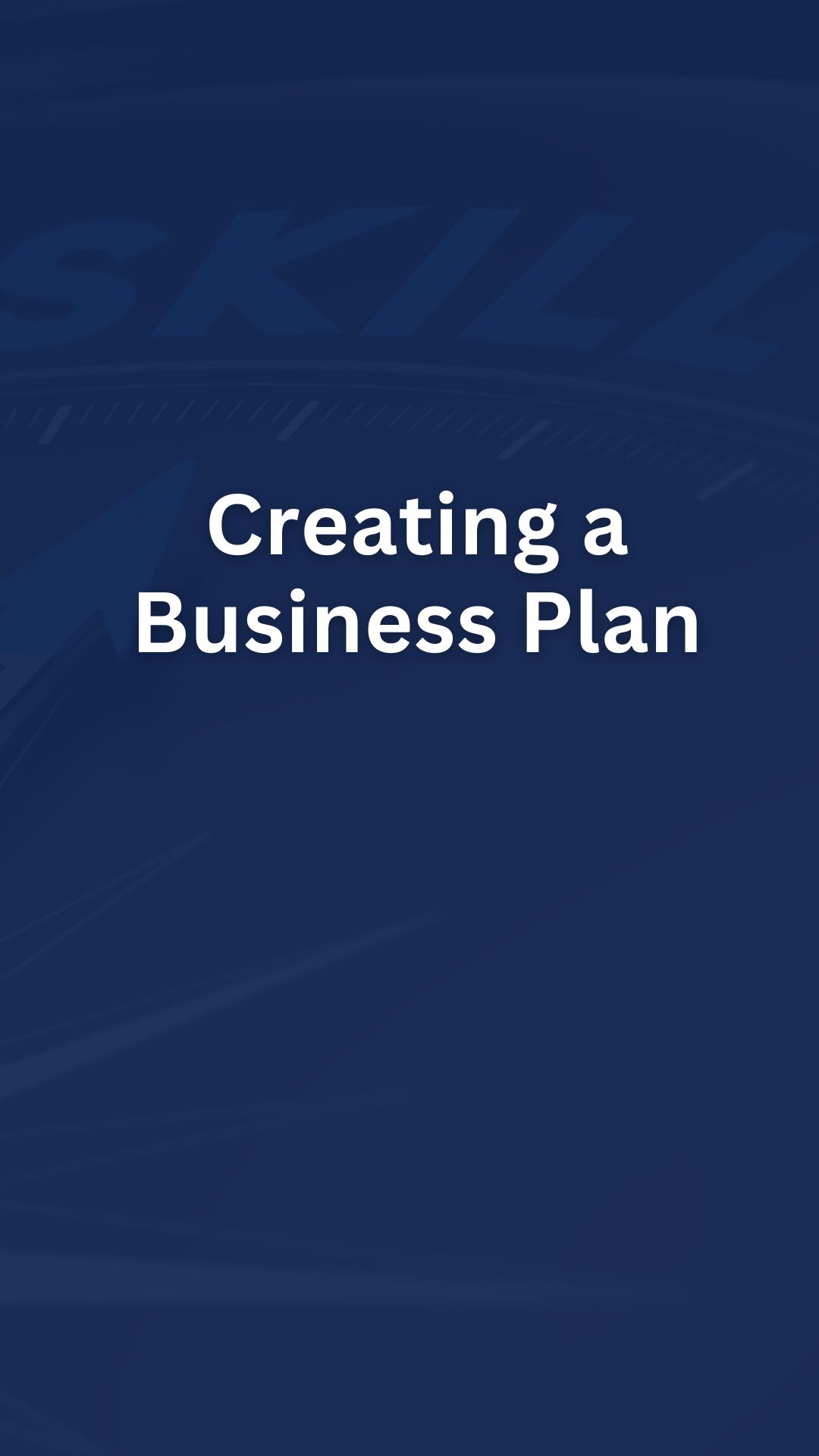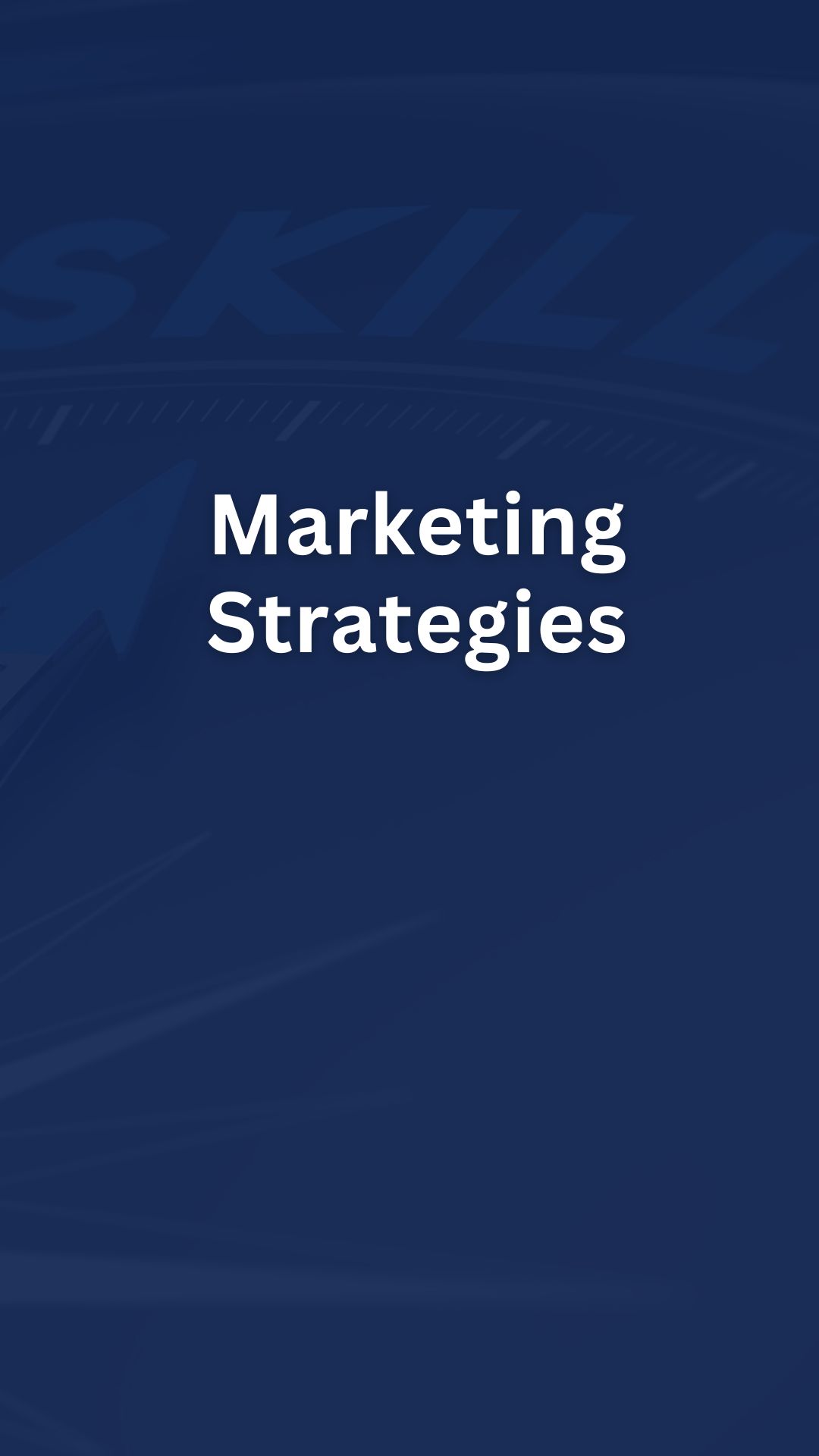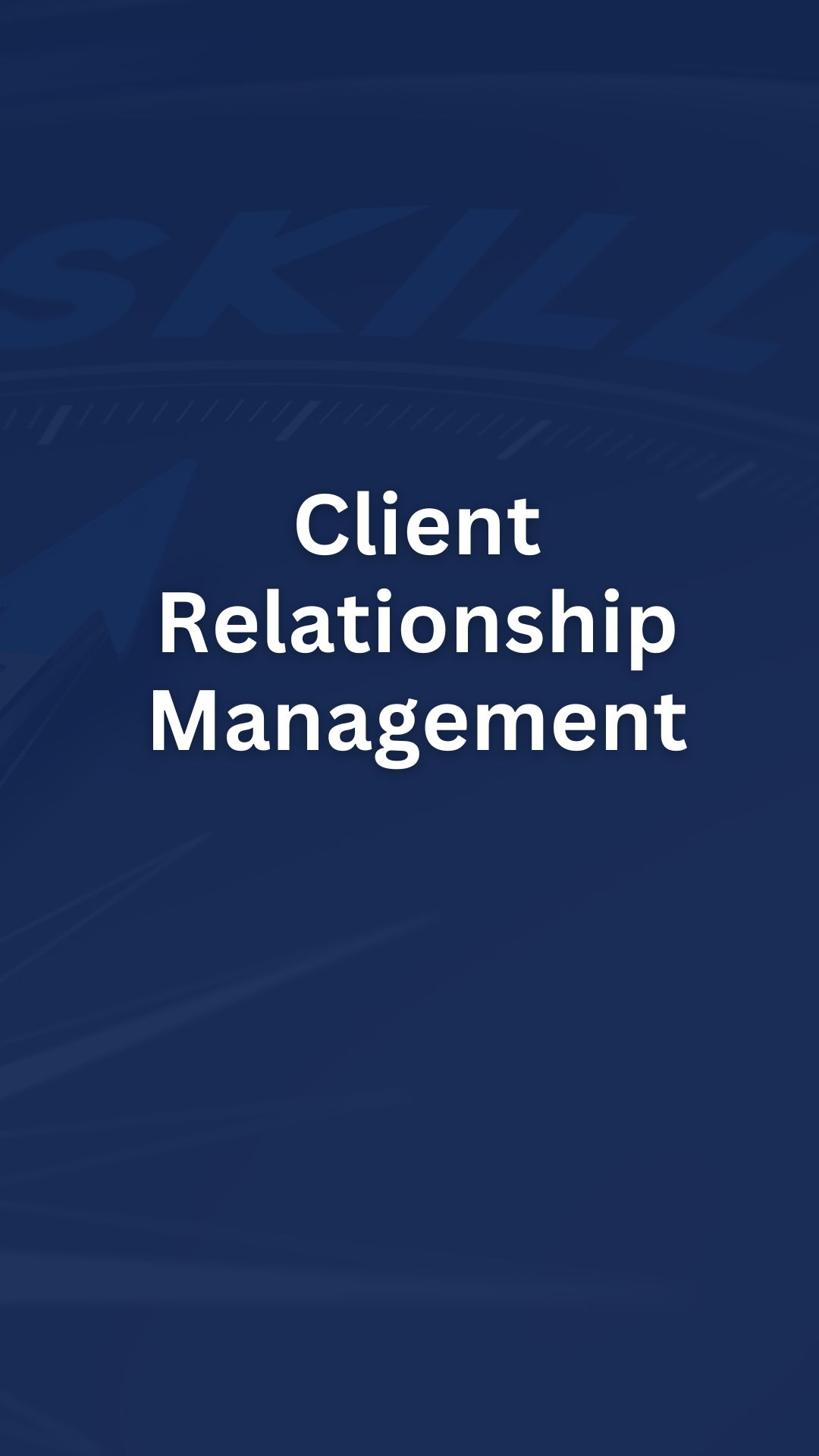Starting a consulting business on the side is an incredible way to share your expertise while earning extra income.
Imagine helping others solve problems in your area of knowledge, all while setting your own hours and working from anywhere.
You can turn your skills and experience into a thriving side hustle.
You’ll need to plan carefully to balance your consulting work with your current job.
Begin by identifying your niche and the type of clients you want to serve.
Knowing your market and offering a unique value can set you apart from competitors.
Getting started might seem daunting, but take small steps to build your brand and client base.
Create a professional website, utilize social media, and network in your industry.
These initial efforts will pave the way for a successful consulting business that fits into your busy schedule.

Evaluating Your Skills and Expertise
Before diving into the world of consulting, take a close look at your skills.
Think about what you’re good at and what makes you stand out. This self-assessment is essential to determine what you can offer your clients.
Make a Skills List
Start by writing down all your skills. Include both hard skills (like technical know-how) and soft skills (like communication and leadership).
Example:
- Hard Skills: Data Analysis, Project Management, Marketing Strategies
- Soft Skills: Problem-Solving, Teamwork, Time Management
Identify Your Expertise
Think about your past experiences. What industries have you worked in? What specific problems have you solved? This can help you identify your niche.
Example:
- Industry: Healthcare, Technology
- Problems Solved: Improving operational efficiency, developing new product lines
Get Feedback
Ask colleagues, friends, and mentors about your strengths. Their feedback can provide valuable insight.
Questions to Ask:
- What do you think my top three skills are?
- How have I added value to past projects?
Compare Against Market Needs
Research the market to see how your skills and expertise align with what’s in demand. This can help you tailor your services to meet those needs.
Resource Ideas:
- Job boards
- Industry reports
- Networking events
Self-Reflection Questions
To guide your evaluation, try answering these questions:
- What am I truly passionate about?
- Which of my skills do clients need the most?
- How can I uniquely solve problems for others?

Understanding the Consulting Market
Before you dive into consulting, you need to understand the market. Look at what is already out there. Identify your niche and areas that are in demand.
Key Questions to Ask:
- What skills do you have?
- Who needs these skills?
- How competitive is the market?
Research competitors. Check their websites, read reviews, and see what services they offer. This can give you an idea about pricing and client expectations.
Common Consulting Areas:
- IT Consulting: Helping businesses with technology needs.
- Marketing Consulting: Crafting strategies to reach more customers.
- HR Consulting: Improving employee relations and hiring processes.
- Financial Consulting: Offering advice on investments and savings.
Use online tools like Google Trends to see what people are searching for. This can help you spot growing areas of interest.
Make sure to network. Join groups on LinkedIn, attend industry events, and connect with other consultants. This can provide insights and increase your visibility.
Understanding the consulting market means staying updated. Regularly read industry news and reports. Knowing trends and changes can keep you ahead.

Crafting Your Value Proposition
Your value proposition tells potential clients why they should choose you.
First, identify your strengths. Think about what makes you unique. Are you skilled at solving specific problems? Do you have a certain certification? Jot these down.
Next, research your market. Look at competitors and see what they offer. Find gaps where you can stand out.
Then, match your strengths to market needs. Make a table to compare:
| Your Strengths | Market Needs | Opportunity |
|---|---|---|
| Project management | Efficiency | Reduced delays |
| SEO expertise | Online presence | More traffic |
| Financial analysis | Cost savings | Higher profits |
Use this to formulate your proposition. For example: “I help small businesses increase online visibility through expert SEO techniques.”
Finally, communicate your value proposition clearly. Whether it’s on your website, business card, or LinkedIn profile, make sure it’s visible and concise.
Think about using bold or italic text for emphasis, and bullet points for easy reading:
- Expertise in key areas
- Unique solutions tailored to client needs
- Measurable results
This ensures potential clients quickly see the benefits of working with you.

Creating a Business Plan
Starting your own consulting business requires a solid plan. You’ll need to set clear goals and create a financial roadmap to guide your growth.
Setting Goals
Begin by asking yourself what you want to achieve with your consulting business. Clear, measurable goals will help you stay on track.
Create short-term and long-term goals.
Short-term goals might include gaining your first few clients or generating a specific amount of revenue within the first six months.
Long-term goals could involve expanding your business, hiring employees, or reaching a certain level of revenue within five years.
Use the SMART criteria for goal-setting: Specific, Measurable, Achievable, Relevant, and Time-bound.
Write your goals down and regularly review them to track your progress.
Financial Planning
Financial planning is crucial. Start by estimating your startup costs. This includes expenses such as website design, marketing materials, and any necessary tools or software.
Create a detailed budget outlining your monthly expenses and expected income.
Plan for the unexpected by setting aside a contingency fund for emergencies.
Consider your pricing strategy. Determine how much to charge for your services.
Research rates in your industry to stay competitive but ensure your prices cover your costs and provide a profit.
Track all your expenses and income to understand your financial health.
Use accounting software to make this easier. Regularly review your finances to see if you need to adjust your pricing or cut costs.
Legal Considerations
Starting a consulting business involves some key legal steps. You need to select the right business structure, get the proper contracts in place, and acquire any necessary licenses or permits.
Choosing a Business Structure
The first step is to decide on a business structure. You can choose from sole proprietorship, partnership, LLC, or corporation. Each has its own benefits and risks.
Sole Proprietorship is the easiest and cheapest to set up. You will be personally liable for any debts.
An LLC offers limited liability protection, meaning your personal assets won’t be at risk. It’s more complex to set up but worth it for the protection.
A corporation is best for large businesses and offers the most protection but comes with complex regulations and higher costs.
Contracts and Agreements
Having clear contracts is essential for your consulting business. These are written agreements that define the terms of your services. They protect both you and your clients.
A good contract should include:
- Scope of work
- Payment terms
- Confidentiality clauses
- Terms for termination
Make sure your contracts are clear and thorough. This helps to prevent misunderstandings and legal disputes.
Obtaining Licenses and Permits
Before you start offering consulting services, check if you need any licenses or permits. This depends on your location and the type of consulting you do.
Some common permits include:
- Business licenses
- Professional licenses
- Zoning permits
It’s important to research local regulations.
Contact your local government or a business advisor to ensure you have all the required permits. This keeps your business legal and avoids fines.

Building Your Brand
To stand out as a consultant, you need a strong brand. Your brand will be how clients remember and recognize your business, both online and offline.
Designing a Logo and Brand Elements
A good logo captures the essence of your consulting business. Start by brainstorming symbols or images that reflect your services. Keep it simple and clean. Avoid crowded designs as they can be hard to recognize.
Once you have a concept, choose colors that fit the mood you want to set. Bright colors are more energetic, while darker shades feel more serious. Make sure it looks good in black and white too.
Next, think about other brand elements. This includes fonts and a tagline.
Use fonts that are easy to read. A catchy tagline can sum up your services in just a few words.
These elements will appear on your website, business cards, and social media. Consistency is key. Make sure everything matches your brand style.
Online Presence
Your online presence starts with a website. A professional website is essential. Include an “About” page, a list of your services, testimonials, and contact information. Use high-quality images and clear text.
Social media is also important. Platforms like LinkedIn, Twitter, and Facebook are great for connecting with potential clients.
Post regularly about your work, share industry news, and engage with followers.
Consider setting up a blog. Writing posts on topics related to your field shows your expertise. This can attract more visitors to your website.
Search Engine Optimization (SEO) helps people find you online.
Use keywords related to your services in your website content. This improves your search engine rankings.
By creating a solid online presence, you can reach a wider audience and build trust with your clients.

Marketing Strategies
Marketing is key to growing your consulting business. You need to both find clients and let them know how you can help them. Here are some strategies that can boost your visibility and attract new clients.
Networking
Networking is crucial. Attend industry events, seminars, and workshops.
These are excellent places to meet potential clients and other professionals who can recommend your services.
Joining local business groups or online forums can also help you connect with like-minded people.
Bring business cards or have your contact information ready for networking opportunities.
Always follow up with people you meet. Send a quick email or message to say it was nice meeting them and remind them of your services.
Building genuine relationships over time can lead to referrals and long-term clients.
Content Marketing
Content marketing involves creating valuable information that attracts people to your business.
Write blog posts, create videos, or host webinars that showcase your expertise. This not only helps people find you through search engines but also builds your reputation as an expert.
Start a blog on your website and share interesting articles related to your field.
Post regularly to keep the content fresh and engaging.
You can also offer free resources like eBooks or guides.
This not only helps your audience but also shows that you know your stuff.
Collect email addresses in exchange for these resources to build a mailing list for future marketing.
Social Media Engagement
Social media platforms are great for reaching a larger audience. However, you should choose platforms where your potential clients spend their time.
LinkedIn is a good choice for professionals, while Facebook and Twitter can also be useful for broader engagement.
Post regularly and share your blog posts, videos, and other content. Additionally, engage with your followers by responding to comments and messages.
This builds trust and shows that you are approachable and knowledgeable.
Join relevant groups or communities on these platforms. Share your insights and answer questions to help others. This can increase your visibility and attract potential clients to your consulting business.

Setting Up Your Operations
To get your consulting business running smoothly, you need the right technology tools and organized administrative tasks. These will help you stay efficient and professional.
Choosing Technology Tools
Pick the best technology tools to help you with communication, project management, and financial tasks.
For example, email platforms like Gmail or Outlook are great for professional correspondence. Meanwhile, for meetings, use video conferencing tools such as Zoom or Google Meet.
Project management software like Trello or Asana can help you track tasks and deadlines.
Consider using accounting software, like QuickBooks or FreshBooks, to manage your finances. This helps you track income and expenses, send invoices, and prepare for tax time.
For storing and sharing documents, you might use cloud storage services like Google Drive or Dropbox.
Remember, investing in good technology can save you time and make your work more effective. Take some time to explore these tools and choose the ones that fit best with your needs.
Organizing Administrative Tasks
Organize your administrative tasks to keep your business running efficiently. Start by creating a clear schedule to manage your time between your primary job and your consulting business.
Consider setting specific hours for client calls, project work, and personal time.
Next, develop a client intake process to gather client information, understand their needs, and establish clear goals.
Use templates for contracts, proposals, and invoices to ensure consistency and professionalism. Keep track of all client interactions and project milestones.
Finally, use a CRM system to manage client relationships and track communications. This helps you stay on top of your client’s needs and follow up promptly.
Being well-organized allows you to handle multiple tasks effectively and keep your clients happy.

Pricing Your Services
When starting your consulting business, pricing your services can feel tricky. You want to be fair to your clients while also valuing your time and skills.
Research the Market
First, look at what other consultants in your niche are charging. This gives you a benchmark.
Check their websites, read their reviews, and maybe even contact them pretending to be a potential client to get more info!
Determine Your Pricing Model
You can charge hourly rates, project-based fees, or retainer fees. Each has its benefits:
- Hourly Rate: Good for short-term projects.
- Project-Based: Ideal for clear, specific outcomes.
- Retainer: Best for ongoing support.
Calculate Your Costs
Next, consider your expenses. This includes software, travel, and marketing.
Make sure your rates cover these costs and leave room for profit.
Sample Pricing Table
| Service Type | Description | Price Range |
|---|---|---|
| Hourly Rate | Standard consulting | $50 – $150/hour |
| Project Fee | Specific deliverables | $500 – $5000+ |
| Retainer | Monthly ongoing support | $1000 – $5000/month |
Communicate Value
Explain to clients why your services are worth the price. Highlight your experience, unique skills, and success stories.
Be Flexible
You might need to adjust your prices based on client feedback or changing market conditions. Start with a fair rate and be ready to tweak it if necessary.

Client Relationship Management
Managing your client relationships is key to your consulting business.
Stay in Touch: Regular communication helps build trust. Send updates, check-ins, and newsletters. It keeps clients informed and engaged.
Be Reliable: Always meet deadlines and deliver what you promise. This builds your reputation and keeps clients happy.
Listen Actively: Pay attention to your clients’ needs and concerns. Listening helps you address their problems effectively.
Set Clear Expectations: Make sure both you and your client know what to expect. This avoids misunderstandings and keeps projects on track.
Use Tools: Use CRM software to organize your contacts and track interactions. It helps you follow up and stay organized.
Ask for Feedback: After completing a project, ask for feedback. It shows you care about quality and are willing to improve.
Build Personal Connections: Get to know your clients on a personal level. This makes your relationship stronger and more enjoyable.
Be Professional: Always maintain a professional attitude, even if the client becomes difficult. It helps resolve issues calmly and effectively.
Offer Value: Provide valuable insights and solutions consistently. This keeps your clients coming back for more.
Respect Their Time: Be mindful of your client’s schedule. Don’t over-communicate or demand immediate responses.
Show Appreciation: Thank your clients regularly. Small gestures like a thank-you note can mean a lot.

Scaling Your Side Business
Ready to take your consulting business to the next level? Let’s scale up!
1. Build a Strong Online Presence
- Create a professional website.
- Use social media to showcase your expertise.
- Start a blog or a YouTube channel.
2. Outsource Tasks
- Hire freelancers for administrative tasks.
- Use virtual assistants for scheduling and emails.
- Delegate accounting to a professional.
3. Network Actively
- Attend industry events and seminars.
- Join professional groups on LinkedIn.
- Collaborate with other consultants.
4. Improve Your Skills
- Take online courses.
- Attend workshops and webinars.
- Read industry-related books.
5. Expand Your Services
- Offer new services related to your expertise.
- Create packages for different client needs.
- Develop online courses or ebooks.
6. Invest in Tools and Software
- Use project management tools like Trello or Asana.
- Invest in CRM software like Salesforce.
- Use accounting software like QuickBooks.
7. Set Clear Goals
- Define your business targets.
- Break your goals down into manageable steps.
- Track your progress regularly.
8. Focus on Client Satisfaction
- Ask for feedback from your clients.
- Implement their suggestions.
- Provide exceptional customer service.

Frequently Asked Questions
Starting a consulting business on the side is an exciting journey. Below are answers to common questions to help you get started in the best possible way.
What are the essential steps to launch a side consulting business with limited funds?
Start with defining your niche. Create a basic business plan. Use free or low-cost tools for marketing and operations. Rely on online platforms to find clients. Network with friends and former colleagues.
Can I legally provide consulting services while employed full-time, and what should I consider?
Check your employment contract. Some contracts have non-compete clauses. Ensure no conflict of interest with your current job. It’s also important to manage your time well and not let your side hustle affect your main job.
What strategies exist for starting an online consulting side business effectively?
Build a professional website. Leverage social media for promotion. Offer free initial consultations to attract clients. Network online in industry-specific forums and groups. Use SEO to attract clients looking for your services.
What are the initial costs associated with setting up a consulting side business?
Initial costs can be minimal. Essential expenses include a website, business cards, and professional software. If working from home, ensure you have a comfortable workspace. Planning ahead can keep costs under control.
How can I begin a consulting business from scratch without prior experience?
Start by offering your services at a discount or for free to gain experience. Take online courses relevant to your field. Seek mentorship from experienced consultants. Build a portfolio with case studies and client testimonials.
What are the best practices for balancing a consulting side hustle alongside my main job?
Set a clear schedule to manage both commitments. Prioritize tasks based on deadlines.
Communicate boundaries to your clients about your availability. Make sure to take breaks to avoid burnout.
Planning your workload can make a huge difference.